Changing of the Guard
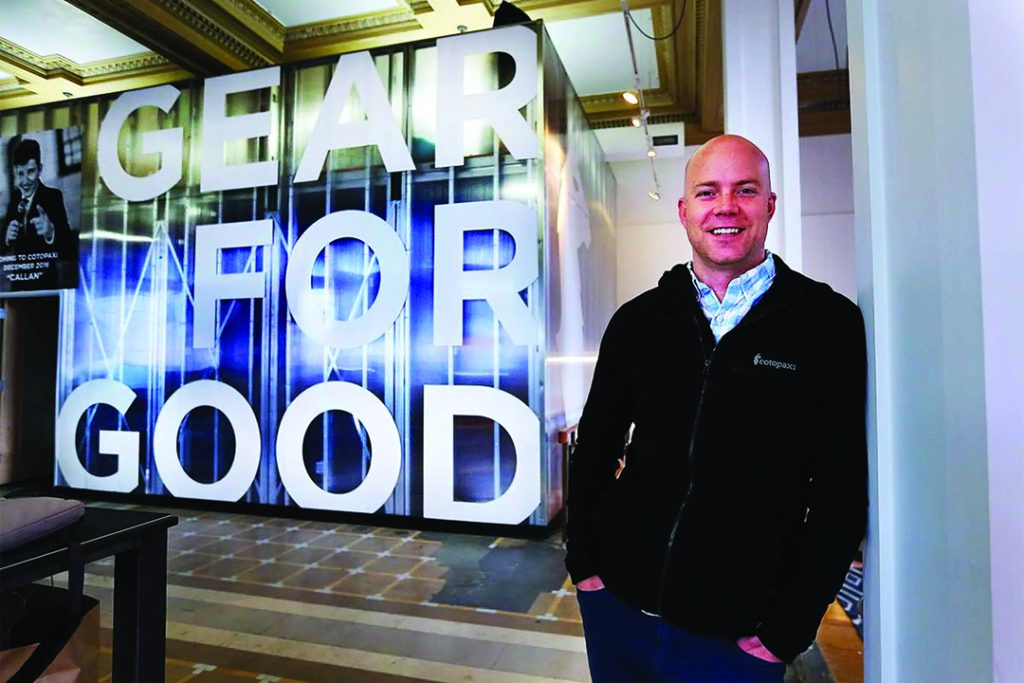
After nine years, Cotopaxi founder and CEO Davis Smith is passing the reins of his Certified B Corp outdoor gear company to a new CEO. With the mantra “Gear for Good,” Cotopaxi has been an inspiration to many impact entrepreneurs, topping $100 million in revenue last year — double its 2021 sales figures — and helping an estimated 3.8 million people who live in extreme poverty.
Smith is taking a three-year leave to return to Brazil as a mission president for The Church of Jesus Christ of Latter-day Saints. Damien Huang, who left Eddie Bauer to join Cotopaxi as president in May 2022, is assuming the role of CEO. Planning for a transfer of leadership is something that keeps many founders up at night. Here’s an insider’s look at the process, CEO to CEO.
Real Leaders: It’s hard for founders to trust their business to someone else. Has stepping down been percolating in your mind for a while, or is this something that developed more recently?
Smith: The mission to Brazil wasn’t really anticipated. But I’ve talked about succession planning from the very first days of the business. In fact, the very first meeting we had as a team, we met in a cabin here in Utah. I had put together a team of five people to go build the brand. We talked about different things, and one of them was the need to protect this brand in a way that makes sure the mission is core to who we are, no matter what happens.
RL: How did you know this was the right time to make a change?
Smith: I’ve always seen myself as a steward and not the owner of the brand. What’s best for this brand and our mission is much more important than any one person in the business. I’ve known from the beginning that I wouldn’t be the CEO forever. I was going to be CEO only as long as I was the right person.
We’ve grown significantly. This year will likely be around $150 to $160 million in revenue. I’ve done a good job — the best I can — and honestly, I don’t know that I have the skill set to go take the business to several billion dollars in revenue, and that’s where we want to be. I knew at some point, it would be my job to find someone who had that experience, and that I would continue in a different role within the company. I’m not doing this so that I can go off and build some other brand or step away. I’m doing this so that I can continue to play a role for the next 40 years of my life — just maybe not as CEO.
RL: Do leaders spend enough time with succession planning?
Smith: Established businesses think about this all the time — founders don’t think about it enough. With founders, it’s their baby. A lot of times, founders stay too long, and it ends up damaging their business. I can understand … there’s a grieving process that happens as you step away from a CEO role when you’re also the founder. But founders must think about succession planning more deliberately. It takes time to wrap your mind around this idea that your baby isn’t going to be yours, that you’re not going to be the CEO forever.
RL: What has challenged you the most through this process?
Smith: Finding the right person. I started looking at the end of 2019. Then the pandemic put everything on pause, and I started the process up again at the end of 2021. It takes time and a lot of work to find the right person. I felt there’s nothing more important that I needed to do as founder than find the right person. It was an all-consuming six months until we found Damien, but once I found him, it hasn’t been hard to pass things on to him. I probably even did it a bit too fast.
RL: What are some signs that it’s time to pass the leadership to someone else?
Smith: A great board is the canary in the coal mine. If there are telltale signs, they’re going to know because they have been investors or founders and taken over as CEO from other founders. I really relied on my board. We had open discussions about when we would start benefiting from having a senior leader come in. When I met Damien, I knew almost instantly that he needed to be CEO. Damien came from being a CEO of Eddie Bauer, a much bigger company and a 100-year-old brand. I knew in hiring him that being CEO was something I would have to give up, and I was willing to do that because I knew I was getting the very best person.
RL: What steps are you taking to make sure Cotopaxi stays true to its mission?
Smith: Going back to the very earliest days of the business, I knew that if we were going to try to build a company differently and do capitalism differently, we needed to inject our mission so deeply into this brand that it would actually be financially damaging to separate the mission from the brand.
We knew there might be a leader or investor who might say, “We want to take more of that profit and pocket it ourselves.” So, at the very inception, we incorporated as a public benefit corporation. We’ve built impact deep into every aspect of the business, from the supply chain to product delivery where you get a handwritten thank-you card from a refugee. If you tried to separate those things from the brand now, it would actually damage the company and make it less valuable. Purpose can’t just be an afterthought or on the periphery because it’s too easy to not stay true to that.
Of course, it’s more than finding the person with the right experience to do the job — it’s about finding the person who authentically understood why this brand needed to exist. Damien grew up in an immigrant home. When he was a Duke (University) undergrad, he spent seven months in Ecuador, where the name Cotopaxi comes from and where I grew up as a kid. He climbed the mountain Cotopaxi when he was down there. I moved to the Dominican Republic when I was 4 years old, and he had time in the Dominican Republic as a teen doing service. He had lived the brand, and that was the most fascinating thing to me. He was the perfect embodiment of our brand already. When you’re thinking about succession as a founder, your replacement has to be someone who authentically understands your purpose and mission.
RL: How do you define a real leader?
Smith: A real leader is someone who puts other people first, someone who has a high capacity for love and sincere caring for others. A real leader also understands their “why” in a very deep way — and in that, they’re uncompromising. I’m certainly not a perfect leader, but what served me well is a sincere care for others, listening, and seeing where we can make improvements, where we can be better. It’s having the humility to not get defensive.
We’ve never been willing to compromise on purpose and mission, even in the hardest of times when the pandemic began, and we had to think hard about every dollar. We said that before everything else, we will continue to have impact. We gave more as a percentage of our revenue in 2020 than we ever had. We really doubled down on our purpose and mission, and that’s what has allowed us to attract and retain talent in such a unique way.
People know and feel the authenticity of why we exist. We don’t exist to sell backpacks or jackets. We exist to eradicate poverty. We exist to show that capitalism can be transformed and done better.
RL: When you get back, what is the one thing you hope Cotopaxi has accomplished?
Smith: I have all sorts of concerns about moving to Brazil — my inabilities, my language skills, my weaknesses, and many other things. I’m honestly very nervous right now. But I’m not nervous about the business. I have a lot of peace of mind when it comes to Cotopaxi.
What matters most to me is eradicating extreme poverty, which I believe we can do in our lifetime. We can’t do it alone, so I hope we expand our role as leaders in this conscious-capitalism movement. We can transform capitalism by inspiring thousands of other businesses to join us in eradicating poverty and by inspiring millions of consumers too. To do that, you have to lift your head up. It can’t just be heads down, focused on ourselves. It’s about having the courage to speak vocally about what matters, to bring other leaders along with you, and to learn from them and to have them learn from you.
We have an opportunity to do something very special here. We always talk about building the next iconic outdoor brand — and that’s what would make us iconic — that we’re not about the revenue. It’s about a brand that stands for something, that inspires others around the world to be better. I hope I can come back and use this platform that we’ve created to evangelize the idea of doing business better.
RL: Damien, you want to jump in here and comment on what Davis has been saying?
Huang: I take it very seriously that I need to live up to the potential of the company and the meaning of the brand and be true to the vision — those are hard things that I have to gut check myself on every day. It surprised me how trusting Davis was and how quickly he used the word transition. We found a balance of expertise where I was able to contribute right away. Davis has a whole set of superpowers that I don’t expect to fill, but with the collective support of the executive team, I hope we can cover most of the bases.
RL: What attracted you to Cotopaxi?
Huang: It’s one of the greatest young brands in the outdoor industry, and at its core is to be a force for good. When there is a transfer of leadership, a lot of times people worry if the secret sauce that made it work will be lost. Davis took steps from the beginning to make sure the brand is not linked to him as a person.
The reason people come to Cotopaxi has to be very clear, and that’s how we know if someone is a good fit. We have a strong culture that beats within the heart of the company. You hire people who are invested in it beyond taking a paycheck. If you start there, then you know that the leadership becomes almost secondary in terms of where the company goes because it beats within the heart of the company itself — the company we are building together.
RL: Davis knew pretty quickly that he had found the right person. What was going through your mind during the interview process?
Huang: I was going to take a year off and move our family to Spain or South America. That was my plan. When Davis called, I thought forward, “Well, what will I want to do after this time off? What kind of role would be interesting to me?” And it was this one — a smaller company, mission-driven, something very powerful to believe in, something in which I can bring the tactical skill set to help the company scale … a kind of balance between actual leadership and vision … I just felt like it was a really good fit for me. The job became sort of irresistible.
RL: Now that you’ve got the job, be honest: Is there anything that scares you a little bit about this?
Huang: We have a leadership maxim at Cotopaxi around radical candor. There are things that we have going right, but there are also things going wrong. It’s facing very typical challenges of a growing company. But everything we’re experiencing — whether it goes forward, backward, or sideways — is very enjoyable. It’s part of the experience. I don’t think there’s anything I find scary or difficult. It’s just part of the job.
RL: Okay, same question to you. How do you define a real leader?
Huang: A real leader differentiates between the role of executive manager and the role that really embodies leadership. This is a growing company. There are challenges I put in the management side, such as which buttons to push, resources to allocate, skills to develop. But you have to embody the direction, the hope, the vision of the company — not just an executive, but the chief coach, the chief celebrator, the chief communicator.
People want to trust that the organization is going in a good place, that they feel supported, that they have something beyond themselves to push for, that the best in themselves is being brought out by the environment. Davis has said from the very beginning that he wants people’s experience at Cotopaxi to be the best experience of their career. I take that seriously. And, you know, parts of your best experiences are often challenging. A good experience is not always an easy experience. That’s the kind of environment we’re trying to cultivate — a richly rewarding experience from being part of this team — so what I can do as a leader to create that is top of mind.
RL: When Davis gets back from Brazil three years from now, what do you hope he’ll find?
Huang: I want him to find that we treated people with dignity every step of the way — that applies to not just our team internally but the entire Cotopaxi network. There’s a right way to run this company, and I hope that when Davis comes back, he finds this business was managed the right way, with the right set of ethical decision making, with a focus on impact and mission. If you do all those things, continued growth and profitability will come. They will be an outcome from all the other things we’re going to do.
Subscribe today and gain a strategic advantage from the emerging trends and best leadership practices found within Real Leaders magazine.

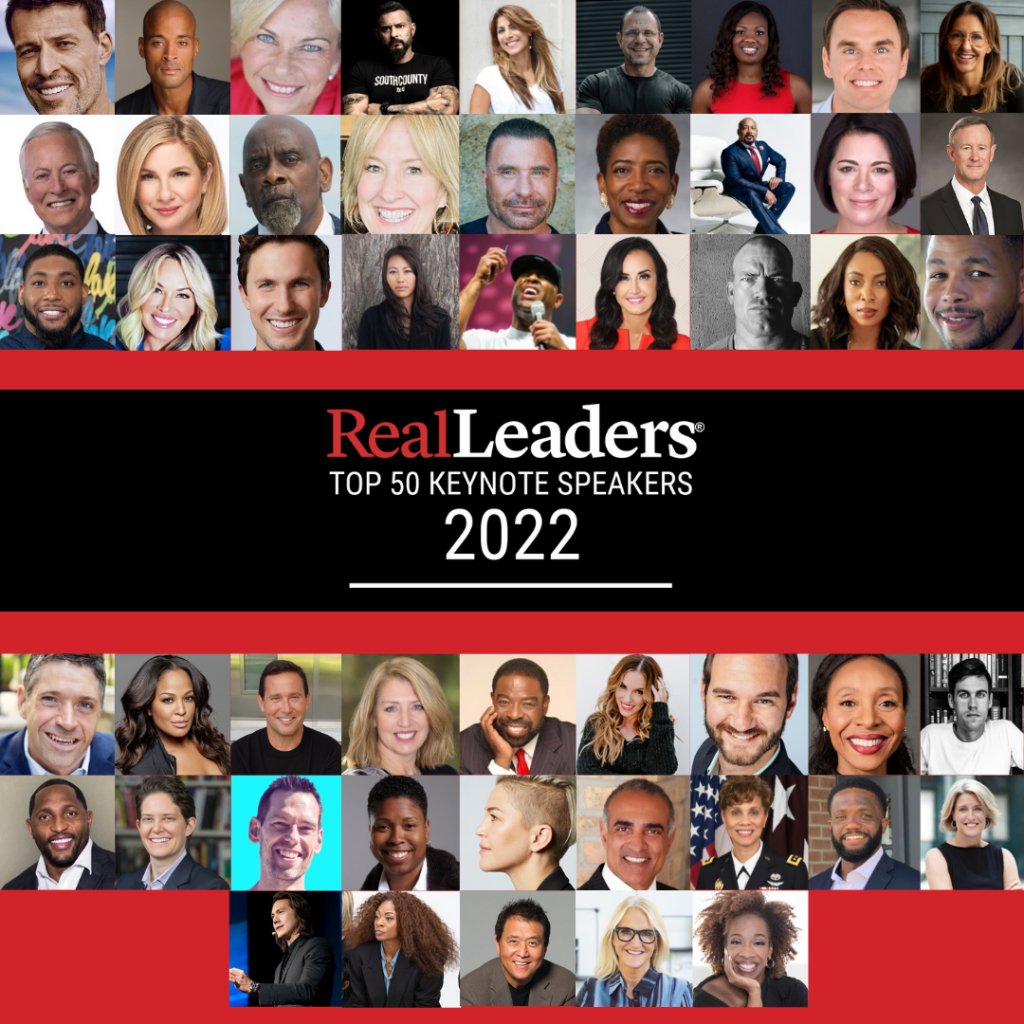
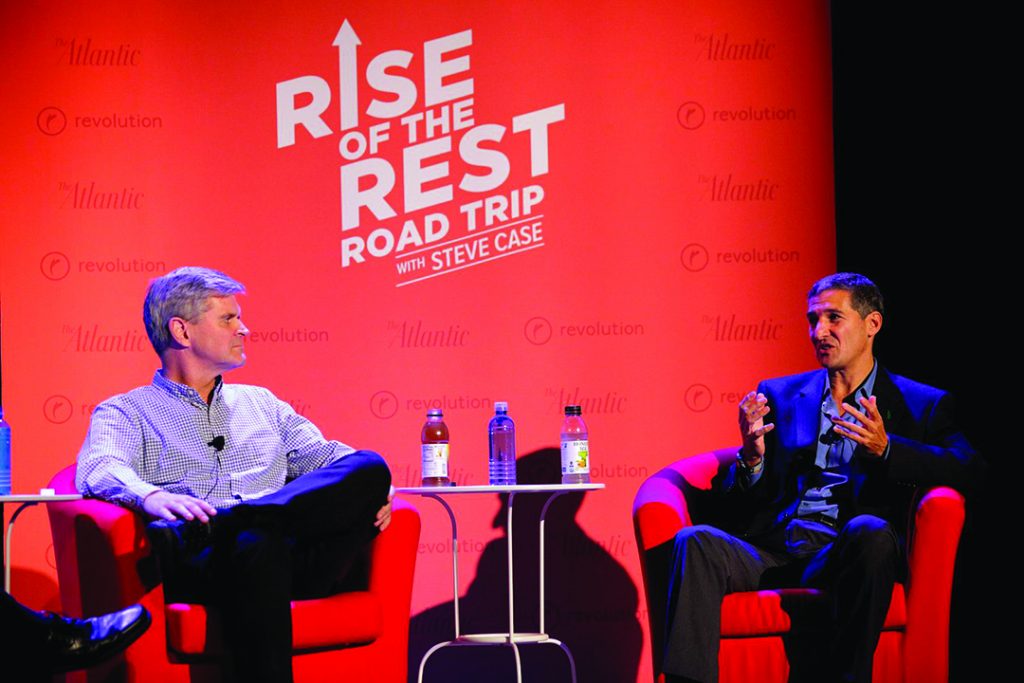
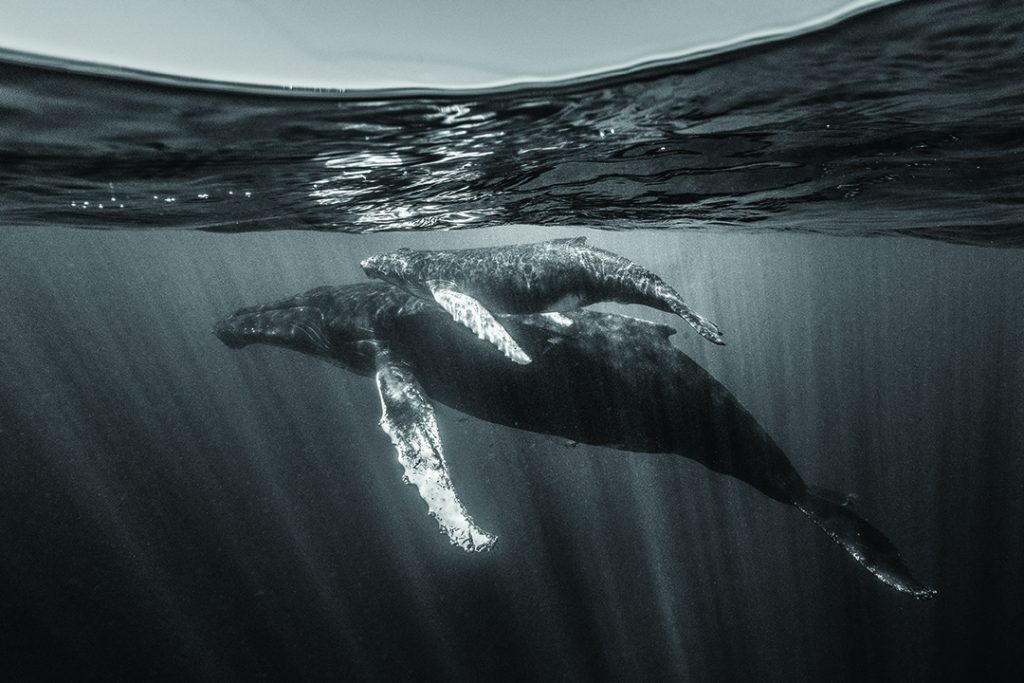
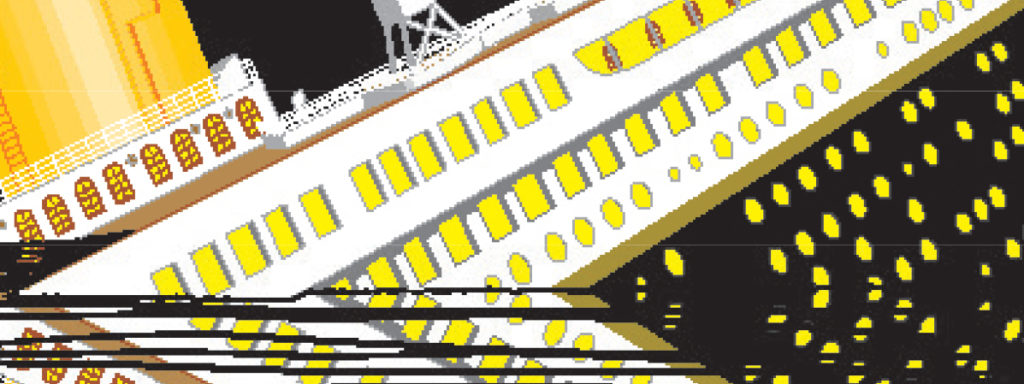
Responses